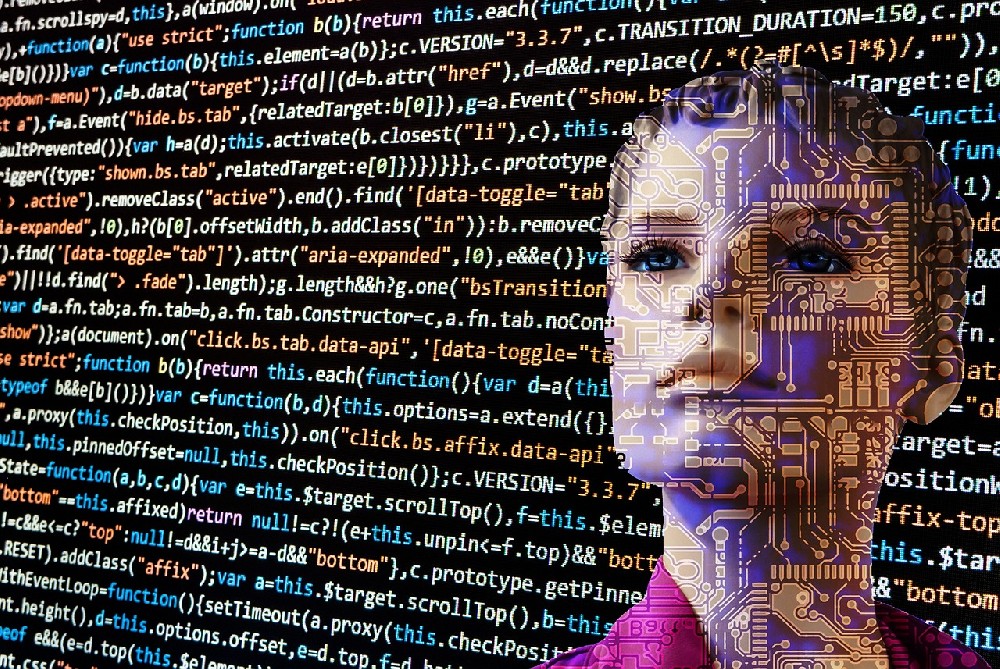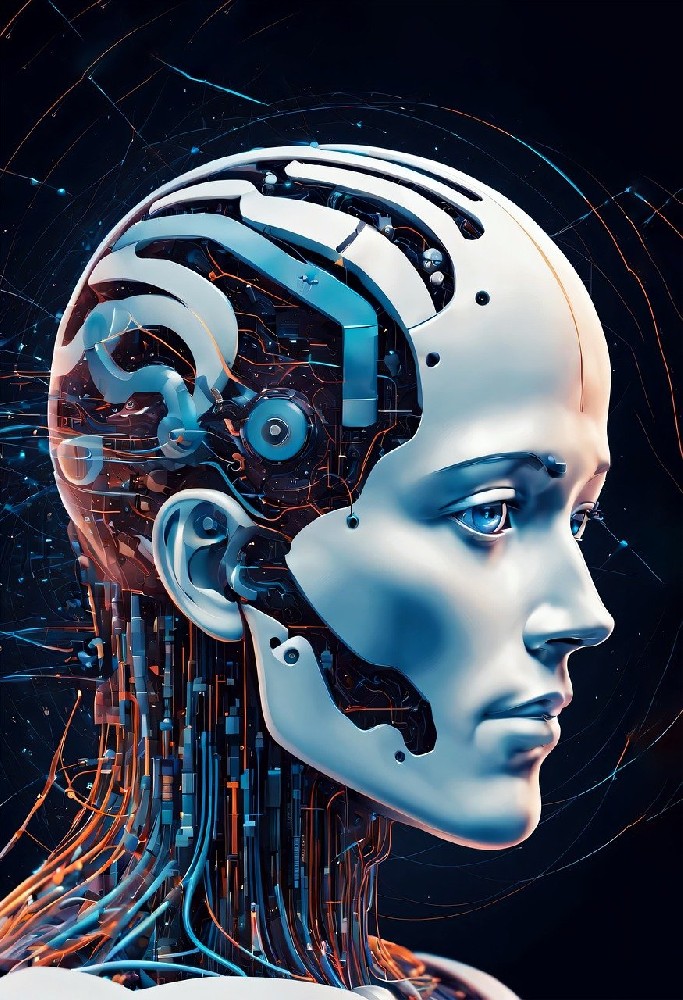As dawn breaks over the tech landscape of 2024, a quiet revolution has been unfolding in the realm of software development. Artificial Intelligence (AI) is no longer just an ambitious concept but a tangible, integral component of the software engineering toolkit. Our journey today takes us into the heart of this transformation, through a series of interviews with industry leaders who are at the forefront of this exciting integration. Leading off our interviews is Dr. Elina Berg, CTO at CodeGenius Inc., who has overseen the deployment of their flagship AI-powered integrated development environment (IDE). Dr. Berg shares, "The collaboration between human creativity and AI accuracy has propelled software development into a new era. Our IDE now uses machine learning algorithms to understand coding patterns, offering real-time optimization suggestions, identifying potential bugs, and even auto-generating code snippets." Next, we speak with Mr. Kai Zhou, the principal software architect at DynamicFlow – a company known for its AI-driven project management tools. Zhou highlights how AI streamlines workflows, "AI has bridged the gap between conceptual design and implementation. Our tools dynamically adjust project timelines based on real-time data analysis, predict resource allocation needs, and facilitate a more cohesive and responsive development process." The third expert, Ms. Sofia Moreno, a renowned cybersecurity specialist, delves into AI's pivotal role in real-time threat detection. "AI's capacity to learn and adapt makes it an indispensable ally in cybersecurity. It doesn't just safeguard against known threats but preemptively identifies new patterns of vulnerabilities, offering a robust defense mechanism that evolves with the threat landscape," Moreno observes. Shifting gears, we engage with Mr. Liam Foster, the visionary CEO of AppScale Analytics, who has been leveraging AI for predictive user experience design. Foster asserts, "Understanding user behavior is critical. AI helps us to simulate and predict how users interact with applications, which leads to more intuitive designs and personalized experiences. Through deep learning, we're not just reacting to users' needs – we're anticipating them." The broader implications of AI in software infrastructure are eloquently stated by Dr. Aarav Singh, a consultant on enterprise IT solutions. "AI's greatest triumph in software development is perhaps its ability to self-tune and manage complex systems. It dynamically adjusts cloud resources, manages data pipelines, and ensures seamless scalability," explains Dr. Singh. Lastly, we connect with Ms. Julia Espinosa, an entrepreneur who has successfully launched several AI-powered startups. "Startups often face the challenge of limited resources. AI levels the playing field, automating many developmental tasks and allowing us to compete with larger entities. It's not just about cost savings; it's about accelerating innovation," Espinosa passionately points out. The amalgamation of AI in software development signifies a leap towards more innovative, efficient, and secure technological solutions. It's evident from the insights of our interviewees that AI doesn't just change how we develop software – it redefines the possibilities of what software can accomplish. As these leaders continue to navigate the challenges and opportunities presented by AI, one thing is certain: software development has entered a new epoch, one that is defined by the harmonious convergence of human expertise and machine intelligence. As the sun sets on our exploration, it's clear that the integration of AI within software development isn't just a trend – it's the blueprint for the future of technology. And as we have learned, with each line of code and each algorithmic breakthrough, that future is already under construction.



